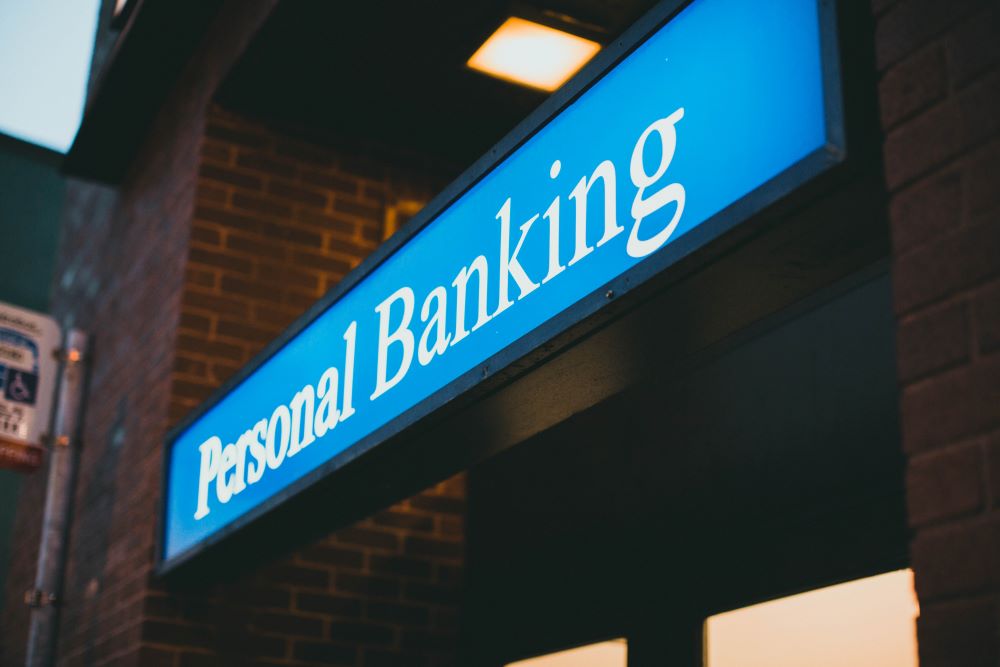Sometimes there may be events in your life that require you to get additional financial support. It can be tempting to want to get a loan to meet some of your short-term or long-term needs. The question you should ask yourself first is, “Is getting a personal loan right for you?”
The answer depends on several factors, and this article will share some of the most important factors to consider before considering getting a loan.
Personal loans are borrowed money that can be used for large purchases, debt consolidation, emergency expenses, and much more. These loans are paid back in monthly installments for an agreed-upon term. However, it may not always be the best course of action to take.
Here are some factors to take into consideration:
Are there other choices I can make?
If you are looking for debt consolidation, simple credit card balance transfers can be a good option. If you are considering a loan, ensure that it will improve your financial situation rather than set you back. The last thing you want is to make a decision that will put you in a worse situation.
For example, if you use a loan to renovate your house which in turn increases your home value, then this can be considered an investment with a temporary expense. Another popular choice is to take out a loan to maximize RRSP contributions right before the deadline. If you are not great at saving on a regular basis but find you can be disciplined to make monthly payments, taking out an RRSP loan might be a good option to increase your retirement fund.
Know your Credit Score and Credit History
Once your decision is made, the next step is to find out what you can afford to borrow and payback. Your credit score and credit history are two numbers that are critical for your financial well-being. Without a good score, you are risking having to pay unnecessarily high-interest charges. The pros of that loan you were looking at can be offset by higher payments and interest rates.
There are several free tools available that can help you quickly find out your score. Or, as a consumer, you are entitled to get a free copy of your credit report from each of the three credit bureaus every year (Equifax, Experian, and TransUnion). You can also find sites available that will help you pre-qualify for a personal loan without it impacting your credit score. Pasha Funding has several tools that can help guide you with your personal or business loans.
Review your Loan Options Including Who to Choose as a Lender

Depending on the type of loan you need, there are several options available. The first option and easiest is to go to your bank who already has a relationship with you. They not only can help get you approved if you qualify but help you manage the extra payment.
However, to ensure you are making the best choice, I recommend looking at your loan options online. There is a lot of competition when it comes to lenders including some that are willing to loan to customers with a low credit score. Luckily there are several loan comparison tools that make your search easier.
Determine the Amount Required
Just because you can be approved for a larger loan, does not mean you should accept it. I recommend never maximizing what you can pay monthly. Instead, ensure you choose a monthly payment that leaves you a cushion to put money aside for emergencies. A recent Harvard study showed that nearly 40 million Americans are living in a home they cannot afford.
Taking a bigger loan than you can afford puts you at risk should interest rates fluctuate higher.
Don’t just factor in the APR of the loan that you are considering. What’s more important, is the total cost you’ll pay for the loan. The total term of the loan can be even more important.
3 important factors: APR + Monthly Payment + Total Term
These will help you calculate the total amount you’ll end up paying back.
Review the Hidden Fees
Some typical fees tend to be included in a loan.
Here are some of the typical fees or hidden costs that aren’t always discussed when you get a loan:
- Loan processing fee—This is common with mortgages, but it can also show up on personal loans, auto loans, or any other type of loan. This is when the loan provider charges you to process your application.
- Failed payment fee—A fee charged if you don’t have the money in your account to cover a payment you’ve made. Some lenders will charge you for this.
- Prepayment penalty—This is a fee that the loan processor will charge you if you pay the loan off early. Yes, you can get penalized for paying early since the lender will receive less interest. Validate that your loan has no prepayment penalty.
- Late payment fee—Not only will this hurt your credit score, but most lenders will charge you a fee if you make your payment even a day late.
How Long Before You Have to Pay it Back
Sometimes, it can be a balance between the desire to pay it off quicker or lowering your monthly payments. This is a popular choice with a car loan. Lenders tend to have several options to help meet your budget needs. Just remember that the longer it takes for you to pay it back, the more interest you will be absorbing. Both your interest rate and the monthly payment will be impacted by the length of the loan you choose.
Whatever you choose to do, before you take out a personal loan, have a plan on how you will use the funds, and just as important, how you’ll repay them. Look at all your options and ensure you are reading the terms, especially the fine print.

